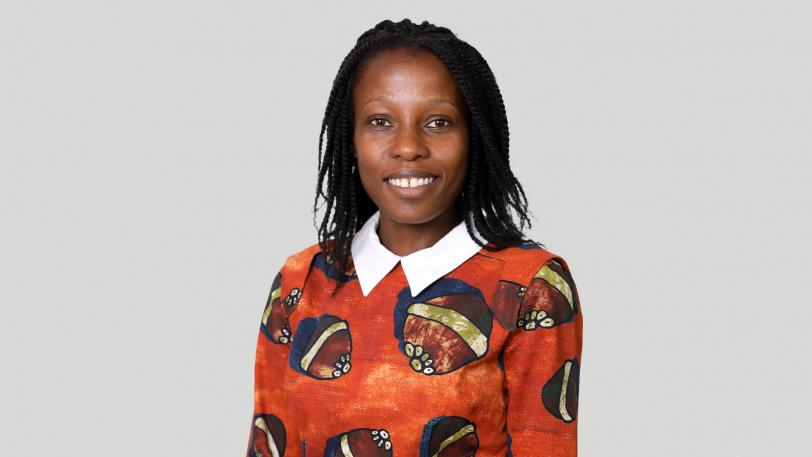
This week is National Blood Week. It celebrates what I think is one of the most amazing, anonymous acts of kindness you can do for a stranger. Turning up to a community centre, place of worship or sports hall to give blood could save the life of someone you will never meet and who will never be able to thank you.
Soon it will also be two years since the rules that prevented many people of Black African heritage from donating blood were lifted. They excluded people who had had sex in a country with a high HIV prevalence from giving blood, including, and I quote, 'most countries in Africa'. It was a blanket ban on certain communities that was always based on stigma, not science. The safety of blood donations is so important, but rules that weren’t about evidence didn’t make the system safer.
It took a coalition of organisations to make this case; Sickle Cell Society, Sicklekan, the African Caribbean Leukaemia Trust, One Voice Network and Terrence Higgins Trust all campaigned tirelessly for an end to the ban. My Labour colleagues Florence Eshalomi, Taiwo Otawemi and Sarah Owen raised it in Parliament and wrote to successive Health Secretaries.
In December 2021, Sajid Javid (when he was Health Secretary) finally agreed that the rules had to change. This brought England in line with Scotland and Wales, where the restrictions had already been lifted.
The bitter irony of the ban was always that there is a particular need for Ro and B positive blood in England, which Black donors are ten times more likely to have than white donors. It’s these blood types that are needed to treat the 15,000 people with sickle cell anaemia in England, a condition that also disproportionately affects Black communities. A shortage of these blood types means that NHS Blood Donation is crying out for donors of Black heritage. Many of us will have been turned away or put off giving blood because of those questions on old blood donation forms. Now it’s time for us to come forward.
I would love my constituency in North East London to lead this charge. We’re well placed to. Hackney, Islington and Waltham Forest have some of the largest Black communities in the country – there are more than 125,000 Black residents in the three boroughs combined, according to the 2021 census. As a community, we could be part of turning around this trend and ending the shortage. Blood is still needed from people of all types, so I would encourage everyone across our diverse community to come forward to donate.
There’s still more to do to make sure the reality of HIV today is reflected in blood donation rules. Partners of people living with HIV are still not able to donate blood without a deferral period, even though when someone is on effective treatment they can’t pass HIV on to partners. It’s also not at all clear why it’s necessary to ask if someone has ever been diagnosed with syphilis, ‘even if treated’. Everyone who can donate blood safely should be able to.
But we have to capitalise on these changes which will allow thousands more to donate the blood that is needed most. Coming forward will save lives. That’s why I’m calling on everyone across our community – and across the country – to use this week to get registered and get donating.
To donate blood, register at blood.co.uk or call 0300 123 23 23.
Sem Moema is the London Assembly Member for North East London.



